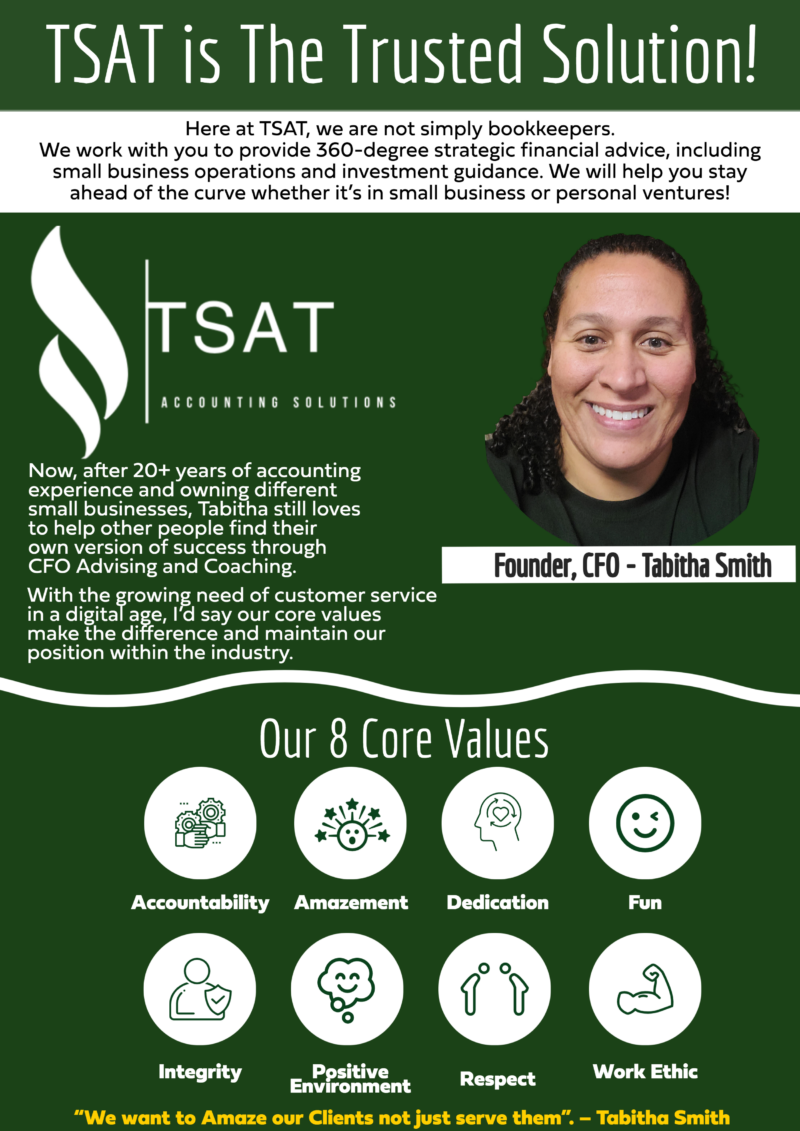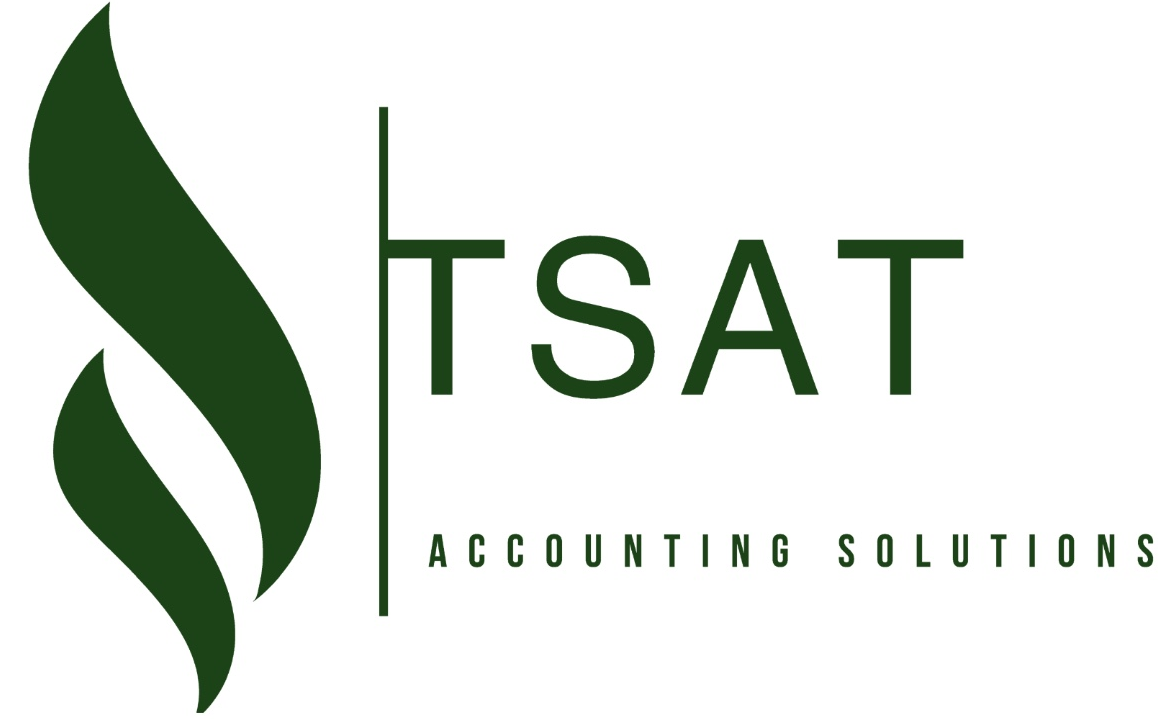
The Ultimate Guide to Writing a Business Plan for Aspiring Small Business Owners
We know tax season is upon us, but we feel like taking a break!
So, hello, aspiring small business owners! We know you’re busy working on your entrepreneurial dreams, so we’ve put together this conversational and insightful blog post to help you navigate the world of business planning. We’ll focus on the ultimate guide to writing a business plan and also sprinkle in some other interesting tidbits to keep you engaged and informed.
So, let’s dive in!
The Ultimate Guide to Writing a Business Plan!
- Executive Summary: Start your plan with a concise yet captivating executive summary. This section should provide an overview of your business, including your mission statement, company structure, target market, and future goals. Keep it brief – you want to entice readers to continue exploring your plan.
- Company Description: Here, you’ll dive deeper into the details of your business. Describe the products or services you’ll offer, identify any unique selling points, and explain how your business will fill a gap in the market.
- Market Analysis: Research your industry, competitors, and target audience. This will help you identify trends, opportunities, and challenges in your market. Use data to support your findings and show how your business will successfully navigate the landscape.
- Organization and Management: Outline your business structure, ownership, and key personnel. Describe the roles and responsibilities of each team member and emphasize their experience and skills. This section should showcase the strength and expertise of your team.
- Marketing and Sales Strategies: Detail your plans to attract and retain customers. Discuss your branding, pricing, promotion, and distribution strategies. Be specific about your sales process, including lead generation, conversion, and customer retention.
- Product Line or Service Description: Explain your product or service in detail, focusing on its features, benefits, and competitive advantages. Highlight any intellectual property, patents, or exclusive partnerships that set you apart from the competition.
- Financial Projections: Provide realistic financial projections for at least three years, including profit and loss statements, cash flow projections, and balance sheets. These projections should demonstrate the viability of your business and show investors that you’re prepared to handle financial challenges.
- Funding Request (if applicable): If you’re seeking funding, describe how much you need and how it will be used. Be specific about the type of funding you’re looking for (debt, equity, etc.) and outline your repayment or exit strategy.
- Appendices: Include any supporting documents, such as resumes, permits, licenses, or contracts, to back up your claims and reinforce your credibility.
Remember, this is more than words on paper (or computer screen)!
- A business plan is a living document. As your business grows and changes, you will need to update your business plan to reflect those changes.
- A business plan is not just for banks and investors. It can also be used to attract new customers, hire new employees, and make better business decisions.
- A business plan is a great way to organize your thoughts and ideas. It can help you to clarify your goals and strategies, and it can also help you to identify potential problems and challenges.
- A business plan is a great way to communicate your business to others. It can be used to pitch your business to investors, partners, and customers.
Now that we’ve covered the essential components of a rock-solid business plan, let’s explore some other key aspects of entrepreneurship that you should keep in mind as you embark on this exciting journey. From networking and mentorship to time management and resilience, these additional insights will complement your business plan, helping you navigate the path to success with confidence and ease. So, without further ado, let’s dive into these valuable tips and tricks that every aspiring small business owner should know!
Other Action Items for Aspiring Small Business Owners!
- Networking: Don’t underestimate the power of networking! Building relationships with other entrepreneurs, industry professionals, and potential customers can open doors and provide valuable insights.
- Mentorship: Seek out mentors with experience in your industry. They can offer invaluable guidance, support, and connections to help you grow your business.
- Time Management: As a small business owner, you’ll be juggling many roles and responsibilities. Develop strong time management skills to ensure you can effectively prioritize tasks and maintain a healthy work-life balance.
- Continual Learning: Stay current with industry trends, best practices, and new technologies. Attend workshops, seminars, and webinars to keep your knowledge fresh and stay ahead of the competition.
- Stay Resilient: Every small business will face challenges and setbacks. Embrace these as opportunities to learn and grow. Stay resilient and maintain a positive attitude – it will carry you through the tough times.
 Learn more about TSAT’s Services!
Learn more about TSAT’s Services!
And Finally…
- Starting a business is a lot of work! But it’s also incredibly rewarding. If you’re passionate about your idea and willing to put in the effort, there’s no reason why you can’t be successful.
- Don’t be afraid to ask for help! There are plenty of resources available to help you start and grow your business. There are also plenty of people who are willing to mentor and advise you.
- Don’t give up! There will be times when you want to quit. But if you believe in your business and you’re willing to keep working hard, you’ll eventually succeed.
So there you have it – the ultimate guide to writing a business plan, plus some bonus tips for aspiring small business owners. We wish you the best of luck as you embark on your entrepreneurial journey! Remember, success is a blend of careful planning, hard work, adaptability, and persistence. Keep refining your business plan as your venture evolves, and don’t forget to celebrate your achievements along the way.
We hope this comprehensive guide, along with these additional insights, will serve as a valuable resource as you plan, launch, and grow your small business. Remember, the entrepreneurial journey is a marathon, not a sprint. Stay focused, keep learning, and embrace the challenges that come your way.
Your passion, determination, and resilience will guide you toward success. Good luck, and happy planning!
If you’re just starting out or a seasoned small business owner, let TSAT is your Trusted Advisor!

Your Trusted Advisor… At TSAT, we know that a great businesses need to operate at high levels of service, accuracy, reliability, and throughput. We also know that the only way to ensure these things are achieved is to develop a comprehensive set of accounting and finance policies and procedures and to regularly train all personnel involved in the management and control of the company’s software. Only by taking steps toward accounting, quality assurance, and finances can a small business accounting department expand its business and improve its profit margins. It takes a little work to make sure that every aspect of small business accounting is running at full capacity, and we are here to help!
Here at TSAT, we are not simply bookkeepers. We work with you to provide a 360-degree strategic financial advice, including small business operations and investment guidance. We will help you stay ahead of the curve when it small business or personal investments!
If you are a gig worker or small business owner looking to grow your business, TSAT’s AMAZING Trusted team considers much more than just your taxes!
TSAT’s is your Trusted Advisor and will let you focus on your business’s core competencies! Whether you have a small business or you need help personally, TSAT can give you HOPE! Call us today!
Phone: (417) 208-2858
- Website: TSAT Accounting Solutions
- Facebook: TSAT Facebook
- Calendly : Quickly schedule a 15 minute call!
- Alignable: Connect with Us on Alignable!
- Fill out the Qualification Questionnaire for a full 1 hour CFO Consult!
